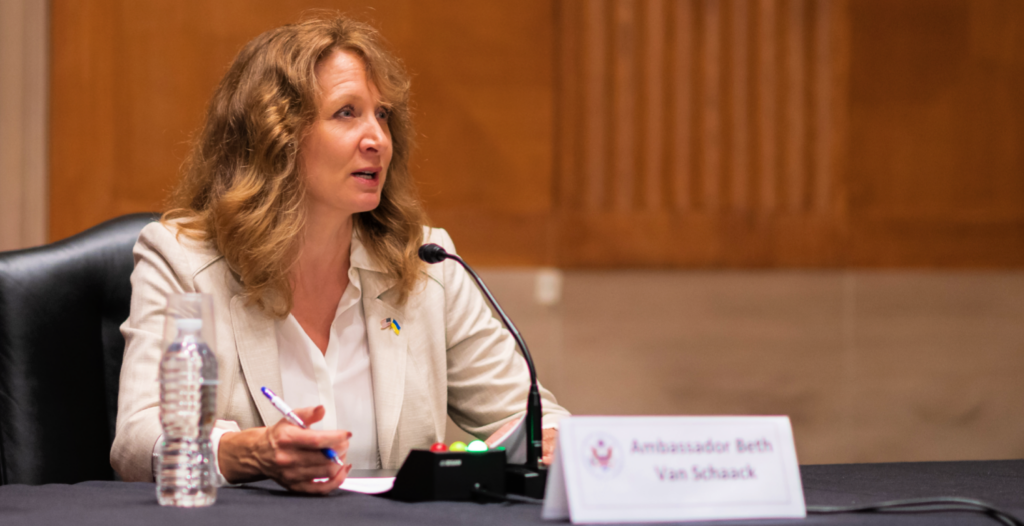WASHINGTON – Following passage June 22 by the Parliamentary Assembly of the Council of Europe of its Recommendation on “Illegal Activities of Sects, ” Commission Chairman Rep. Christopher H. Smith (R-NJ) commented: “Parts of the Council of Europe’s Recommendation 1412 (1999) are inconsistent with international human rights standards, such as the Helsinki Final Act, to which the Council of Europe’s members have agreed.
“Specifically, the Council of Europe calls on states to set up or sponsor ‘information centres’ and a Europe-wide information exchange on religious groups. This is dangerous. Who will determine whether the information is objective, accurate and fair? The risk is that misinformation with an official imprimatur will reinforce unfair stereotypes, prejudice, intolerance and xenophobia. In some countries in transition, government-backed centers could easily be abused to fan ethnic bigotry and to discriminate against minority religious and belief groups. Freedom of thought, conscience, religion and belief is a fundamental human right. Furthermore, religion is not a social problem. As the Council of Europe has recognized in the past, genuine social problems are best addressed by existing criminal and civil laws and the application of due process—not the sinister defaming of selected religious organizations and their members by governments.”
“Last week’s action by the Council of Europe, and its application, will receive very close attention from the U.S. Congress,” said Smith, “Now is not the time for Europe to retreat on fundamental human rights. Rather, religious liberty issues deserve ever wider public discussion.”
While the Recommendation is more moderate than the original draft proposed by Mr. Adrian Nastase, a Romanian deputy on the Committee on Legal Affairs and Human Rights, the Recommendation still contains alarming provisions that may provide overzealous government officials the opportunity and excuse to violate people’s religious liberty, particularly that of minority religious and belief groups.
The Recommendation causes specific concern in several areas, saying:
–“It is unnecessary to define what constitutes a sect or to decide whether it is a religion or not. However, there is some concern about groups which are considered as sects, whatever religious, esoteric or spiritual description they adopt, and this needs to be taken into account.”
–“It is essential to ensure that the activities of these groups…are in keeping with the principles of our democratic societies and, in particular, with Article 9 of the European Convention of Human Rights, as well as being legal.” [emphasis added]
–“It is of prime importance to have reliable information on these groups that emanates neither exclusively from the sects themselves nor from associations set up to defend the victims of sects, and to circulate it widely among the general public, after those whom it regards have had the chance to be heard as to the objectivity of such information.”
The Recommendation: –“calls on the governments of member states: * “to set up or support independent national or regional information centres on groups of a religious, esoteric or spiritual nature;” * include the information in educational curricula; and, * to force families to enroll their children in school, even if in violation of their religious belief. –“where necessary, provide for specific action to set up information centres on groups…in the countries of central and eastern Europe in its aid programmes for those countries; –“set up a European observatory on groups…to make it easier for national centres to exchange information.”
Copies of the Recommendation are available from the Commission.




